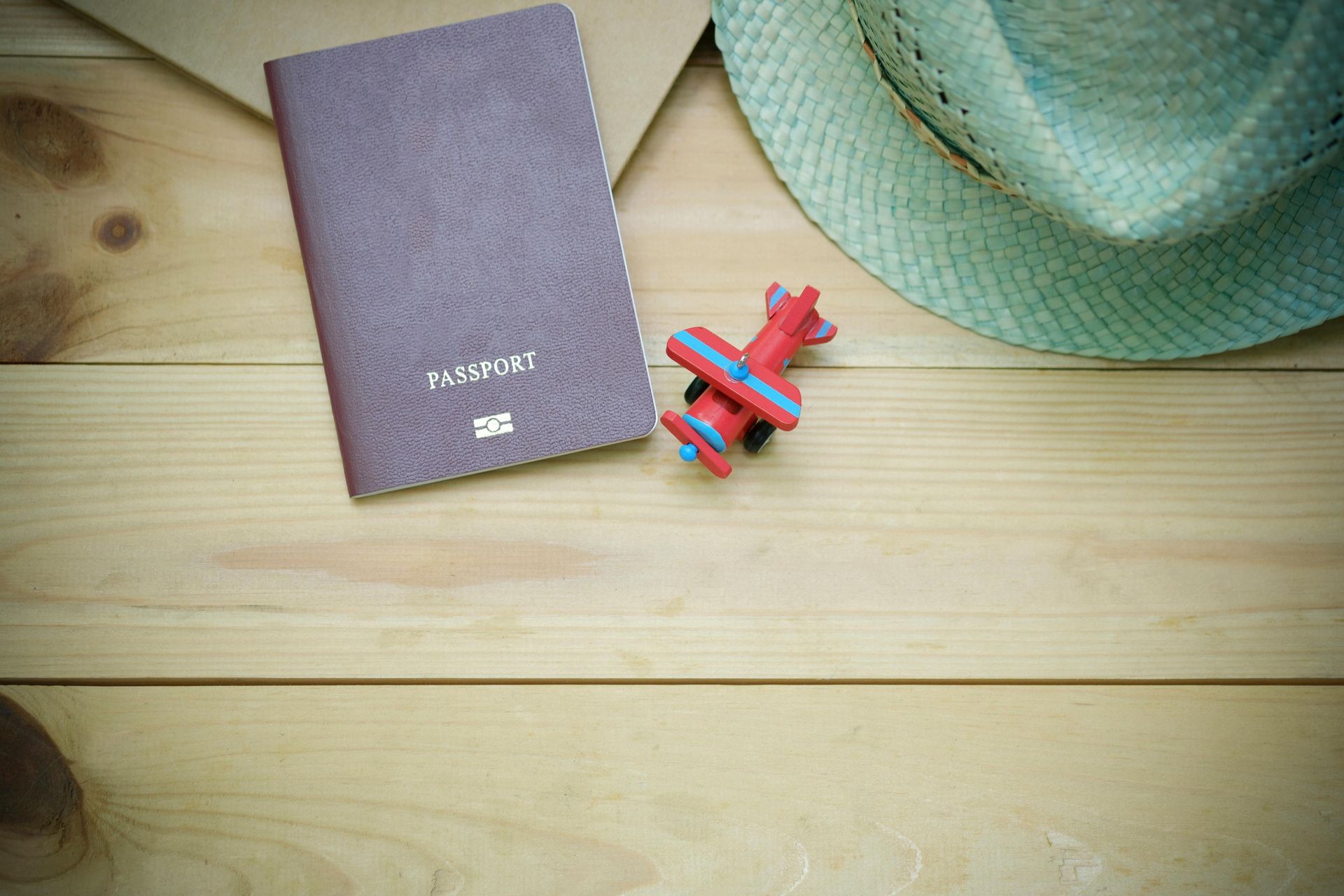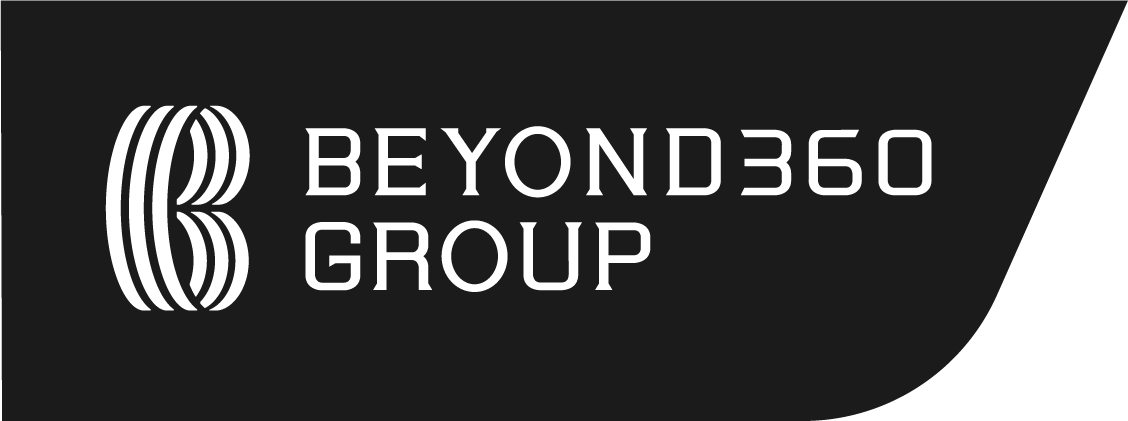News Center
"2025 Updated "Complete Guide to International Schools in Thailand: Top Schools, Tuition Comparison, and Full Application Process!

Are you considering sending your child abroad to attend an international school? Then you definitely shouldn’t miss this “Complete Guide to International Schools in Thailand”! Since the establishment of Thailand’s first international school—International School Bangkok (ISB)—in 1951, the country’s international education system has developed for over 70 years. Today, it offers comprehensive Western-style curricula, multilingual education, and internationally accredited programs. Combined with relatively affordable tuition and low living costs, Thailand has become a top choice for many families from East and Southeast Asia.
Whether you’re planning to settle long-term, living as an expatriate, or looking for a stepping stone to top universities in Europe or the US for your child, international schools in Thailand are a worthwhile option to consider. This article provides an in-depth guide to the admission requirements, application process, tuition structure, and recommended popular school districts—helping you fully understand everything in just one read!
1.Types of International Schools and Curriculum Systems in Thailand
Thailand’s international schools can be broadly categorized into the following types:
- British Curriculum Schools (e.g., Harrow Bangkok, Shrewsbury Bangkok)
- American Curriculum Schools (e.g., International School Bangkok, ISB)
- IB (International Baccalaureate) Schools (e.g., NIST International School)
- Other National Curriculum Schools (e.g., French, German, Japanese, and Singaporean international schools)
If you plan to study in the UK in the future, consider British curriculum schools that offer A-Level programs. For those aiming to study in the US, American curriculum schools with AP programs are a good option. If you haven’t decided on a destination yet, schools offering the IB program are a flexible choice, though the overall difficulty level is slightly higher. For families wanting to retain Chinese language learning or require Chinese curriculum transition, Singaporean international schools may be suitable, although the teaching environment tends to be more competitive. Some schools, such as many Japanese international schools, usually only accept students from Japanese families.
Therefore, parents should first determine which international school system best suits their needs and future plans. This will help narrow down the options effectively and avoid making blind or uninformed choices.
2.Admission Requirements and Enrollment Standards
1. Basic Requirements
- Age Limitations: Kindergarten (2 - 5 years old), Primary School (6 - 11 years old), Secondary School (12 - 18 years old), students must meet the age requirements corresponding to the grade level. Some schools accept students starting from 18 months old, meaning children can enroll as early as 1 and a half years old. Generally, the younger the age, the easier it is to enroll, with no need for a professional entrance exam; usually, a simple assessment of the parents is sufficient.
- Language Proficiency: English is the primary language of instruction, and some schools require proof of English proficiency (such as TOEFL Junior, interview assessments, etc.). This is often a challenge for students from non-English-speaking countries.
- Nationality Restrictions: Most schools have limits on the proportion and number of students from specific nationalities in order to maintain their international character and avoid an overrepresentation of students from any single nationality. For example, some schools may limit the number of Chinese students to 5%. Once this threshold is reached or close to being reached, the school may stop accepting students from that specific nationality.
2. Entrance Exams and Interviews
- Written Tests: For middle and upper grade students, there will be English and Math tests (some schools may also require Science tests), while younger students mainly undergo basic ability assessments without the need for formal entrance exams. Therefore, if you aim to enroll your child in one of the top-ranking international schools, it is easier to secure admission at a younger age, with the chances of successful admission gradually decreasing as the child grows older.
- Interviews: Both students and parents must attend the interview, which assesses the student's communication skills and the family's attitude toward education. In addition to evaluating the student's English speaking and listening abilities, the main focus is on interviewing the parents. This helps determine if the parents’ educational philosophy aligns with the school’s values and also evaluates their English speaking and listening skills to avoid potential issues due to language barriers in future communication with the school. While parents don’t need to have native-level English proficiency, basic daily communication skills are required.
- Academic Records: For middle and upper-grade students, submission of transcripts from the past 1-2 years is required. Some schools may also ask for recommendation letters.

3.How much is the tuition fee at international schools in Thailand?
Overall, international schools in Thailand tend to be more affordable compared to those in Taiwan and other countries. However, there can be a significant difference in fees between schools at different grade levels, with some fees being double the amount of others.
Here is a reference range (per year):
- Tuition Fees : Kindergarten: THB 50,000 - THB 150,000,Primary School: THB 150,000 - THB 500,000,Secondary School: THB 300,000 - THB 1,000,000(Top international schools such as ISB, BPS, Harrow, etc., may charge over THB 1,000,000 per year for upper-grade levels.)
- Registration Fee : A one-time payment made at the time of admission, approximately THB 50,000 - THB 300,000 (non-refundable).
- Application Fee : Approximately THB 3,000 - THB 10,000 (paid when submitting the application).
Other Costs : Uniform Fee (THB 5,000 - THB 15,000) ,School Bus Fee (THB 20,000 - THB 50,000) Extra-curricular Activity Fees,Lunch Fees (These costs vary slightly depending on the school.)
4.Detailed Application Process
5. Application Timeline Planning
- Main admission periods : Most schools start in January and August each year, so it is recommended to apply 6-12 months in advance.
- Rolling admissions : Some schools accept applications year-round, but popular grades (such as kindergarten and G1) should be submitted early.
- Key timelines:
- September - October: Start selecting schools and attend open days.
- November - December: Submit application materials and take exams.
- January of the following year: Confirm admission and make payments.
6.Frequently Asked Questions about Thailand International Schools
Does my child need to know Thai?
International schools primarily teach in English, with Thai as an elective subject, so there is no need to learn it in advance. After a few years in a Thai international school, both Thai and English proficiency usually improve significantly. Although international schools typically do not teach Thai, living in such an environment naturally makes Thai an added skill!
Can parents accompany their children to study?
One parent (usually the mother) can apply for a guardian visa and must provide proof of 500,000 THB in a bank deposit (specific requirements depend on the immigration office).
Can children transfer and join mid-year?
Most schools accept mid-year transfers, but they require academic assessments, and spots in popular schools may be limited.
Appendix: Top 10 International Schools in Thailand
- Bangkok Patana School(BPS)
- NIST International School
- Shrewsbury International School
- Harrow International School
- International School Bangkok(ISB)
- Bangkok PREP International School
- International Community School
- St Andrews International School
- Concordian International School
- Singapore International School(SISB)
* This ranking is unofficial but widely recognized by many professionals in the education industry.
If you are considering applying to an international school in Thailand for your child but feel uncertain about school selection, application timelines, language requirements, or costs—don’t worry! We offer one-on-one professional consultation services to provide you with the latest, most practical information and application advice.
For more information on international education in Thailand or visa services, feel free to contact "Light U Education", a brand under BEYOND360 GROUP. We are committed to helping you complete the application process efficiently and open the door to international education for your child!







